[Part 19]
[Benton Bradberry’s 2012 book, “The Myth of German Villainy” is a superb, must-read, revisionist look at how the German people have been systematically, relentlessly and most importantly, unjustly vilified as the arch criminal of the 20th century. Bradberry sets out, coolly and calmly as befits a former US-Navy officer and pilot, to show why and how the German people have been falsely accused of massive crimes and that their chief accuser and tormenter, organized jewry is in fact the real party guilty of monstrous crimes against Germans and the rest of the world.
Part 19 starts with the German invasion of France via Belgium, Holland, and Luxembourg on May 1940, thus ending the so-called “Phony War“. This was an essential survival reaction to the planned invasion of Germany by a British/French army. The “miracle at Dunkirk” was in fact an extraordinary peace overture, made by Hitler, to England. Despite this and repeated peace offers made by Germany, Churchill, the front-man for the jewish supported “War Party“, rejected them all.
Churchill’s personality is described, with his life-long love of war and indifference to the massive deaths of innocent people.
Hess’ flight to Scotland to negotiate with a group of pro-German elitists in Britain, known as the “Cliveden Set”, is described and how Hitler had hoped that if successful it would;
“bring about, if not a military alliance of Germany with England against Russia, then to bring about a neutralization of England.”
Both Churchill and Roosevelt worked together to bring America into the war, using among other methods, the jewish control over Hollywood to pump out pro-British, anti-German propaganda to bring America into the war on Britain’s side.
Unable to lure Germany into open war with America directly, Roosevelt achieved it by provoking the Japanese to attack at Pearl Harbor. The Tripartite Agreement then brought Germany into a war with the United States, accomplishing both Churchill and Roosevelt’s aim.
The Germans were then, as defenders of Western Christian Civilization, arrayed against not only a rapacious foe, the Soviet Union which threatened to sweep over and obliterate Europe, but also the “arsenal of democracy” the United States and its massive industrial capacity, able to supply all its allies without limit. Behind these forces against Germany stood Organized Jewry, directing the ever-growing carnage — KATANA.]
NOTE: The author has very generously given me permission to reproduce the material here — KATANA.
The book can be bought at Amazon here: The Myth of German Villainy
The Myth of
German Villainy
by
Benton L. Bradberry
Contents
[Clicking on a link in the Contents here will take you to that Part, in a separate post]
[Part 01]
Chapter 1 – The Myth of Germany as an Evil Nation
Germany’s Positive Image Changes Overnight
[Part 02]
Chapter 2 – Aftermath of the War in Germany
The Versailles Treaty
Effect of the Treaty on the German Economy
Was the War Guilt Clause Fair?
Did Germany Really Start the War?
[Part 03]
Chapter 3 – The Jewish Factor in the War
Jews at the Paris Peace Conference
Jews in Britain
[Part 04]
Chapter 4 – The Russian Revolution of 1917
Bolsheviks Take Control
Jews and the Russian Revolution
Origin of East European Jews
Reason for the Russian Pogroms Against the Jews
Jews Leave Russia for America
Financing the 1917 Revolution
Jews in the Government of Bolshevik Russia
[Part 05]
Chapter 5 – The Red Terror
Creation of the Gulag
Bolsheviks Kill the Czar
Jews as a Hostile Elite
The Ukrainian Famine (Holodomor)
[Part 06]
Chapter 6 – The Bolshevik Revolution Spreads Throughout Europe
Jews in the Hungarian Revolution
Miklos Horthy Saves Hungary
Jews in the German Revolution
The Spartacist Uprising in Berlin
Jewish Bolsheviks Attempt to Take Italy
Jewish Bolsheviks Attempt to Take Spain — The Spanish Civil War
Czechoslovakia in Danger of Communist Takeover
The Comintern’s Aim? World Domination!
[Part 07]
Chapter 7 – The Nation of Israel
History of the Expulsion of Jews
[Part 08]
Chapter 8 – Jews in Weimar Germany
Jews Undermine German Culture
[Part 09]
Chapter 9 – Hitler & National Socialists Rise to Power
The 25 Points of the National Socialist Party
[Part 10]
Chapter 10 – National Socialism vs. Communism
National Socialism
Jews Plan Marxist Utopia
[Part 11]
Chapter 11 – Jews Declare War on Nazi Germany
Text of Untermeyer’s Speech in New York
The Jewish Persecution Myth
Effect of Boycott on the German Economy
Jewish Exaggerations are Contradicted by Many
[Part 12]
Chapter 12 – The Nazis and the Zionists Actually Work Together for Jewish Emigration out of Germany
The Nuremberg Laws – 1935
The Zionist Movement
[Part 13]
Chapter 13 – Life in Germany Under Hitler
Night of the Long Knives
1934 Annual Nazi Rally at Nuremberg
Hitler Revives the German Economy
Hitler Becomes the Most Popular Leader in the World
[Part 14]
Chapter 14 – Hitler Begins Reclamation of German Territory
Chapter 15 – The 1936 Olympics
[Part 15]
Chapter 16 – “Anschluss”. The Unification of Austria and Germany
Austrian Economy Revived
Austria’s Jews
[Part 16]
Chapter 17 – Germany Annexes the Sudetenland
[Part 17]
Chapter 18 – War with Poland
The Polish Problem
Hitler’s Proposal to Poland
Kristallnacht
German-Polish Talks Continue
Jews Influence both Roosevelt and Churchill
British and American Political Leaders Under Jewish Influence
Roosevelt’s Contribution to Hostilities
Lord Halifax Beats the War Drums
Germany Occupies Bohemia and Moravia
Roosevelt Pushes for War
Anti-war Movement Becomes Active
Poles Murder German Nationals Within the Corridor
[Part 18]
Chapter 19 – The Phony War
Russo-Finnish War
The Norway/Denmark Campaign
German Invasion of Denmark and Norway
Churchill Takes Chamberlain’s Place as Prime Minister
[Part 19]
Chapter 20 – Germany invades France Through the Low Countries
The Phony War Ends.
Churchill the War Lover
The Fall of France
Hitler Makes Peace Offer to Britain
[Part 20]
Chapter 21 – The Allied Goal? Destruction of Germany!
[Part 21]
Chapter 22 – Germany as Victim
Rape and Slaughter
Jewish Vengeance
The Jewish Brigade
[Part 22]
Chapter 23 – Winners and Losers
Chapter 20
Germany Invades France
Through the Low Countries
The Phony War Ends
On May 10, the same day Churchill became Prime Minister, Germany invaded Belgium, Holland, and Luxembourg, as the only viable pathway into France, which was Germany’s primary goal. This must also be seen as a pre-emptive strike, as Britain had already sent large numbers of troops into France, and a combined British/French army of 500,000 men was at that moment being organized for an invasion of Germany. Since their declaration of war on Germany, both Britain and France had been frantically building up their military forces in preparation for an all out offensive against Germany. Germany, as previously discussed, had tried to avoid a war with Britain and France, and even made a formal peace offer to both countries after the Polish war ended, but it was rejected out of hand. Not only did Britain and France reject Germany’s offer of peace, but went even further and began a relentless naval campaign against Germany, known as the Battle of the Atlantic, which included a naval blockade of German ports. It was clear that a land attack on Germany would follow as soon as the Allied military build-up was ready.
What was Germany to do, wait helplessly for the inevitable invasion? Again, Hitler seized the initiative and beat them to the punch with his invasion of the Low Countries on May 10 and his rapid push into France. France’s impregnable Maginot Line blocked a German invasion across the German/French border, but the Maginot Line extended only to the Luxembourg border. The border between France and Belgium, and France and Luxembourg was unfortified all the way to the English Channel. An invasion of France would have to go around the Maginot Line, through the only route available, and that would be through the Netherlands, Belgium or Luxembourg. Again, Hitler’s initiative was “reactive” in nature, and essentially “defensive” as opposed to “offensive.” All of Hitler’s military initiatives were of this nature; all the result of Allied provocations or of Allied threats. Britain, led by Churchill, was the provocateur throughout.
Three days after becoming Prime Minister, and three days after the German invasion of the Low Countries, Churchill addressed the House of Commons and made his melodramatic “blood, sweat and tears” speech. In the speech, he declared British war aims as:
“Victory. Victory at all costs. Victory in spite of all terror. Victory, however long and hard the road may be, for without victory there is no survival.”
Churchill deliberately ignored the fact that Adolf Hitler had made numerous peace overtures to Britain, had repeatedly expressed his admiration for the British Empire, had even offered German military assistance if needed by the British Empire, and had made repeated attempts to establish friendly relations with Britain, all of which were spurned. Germany had no designs on Britain and wanted above all else to avoid a war. It should also be remembered that Britain and France declared war on Germany, not the other way around. Germany’s occupation of Norway, as well as the invasion of the Low Countries, were actually defensive in nature, though Churchill and his “war party” held them up as the ultimate proof of Germany’s plan to conquer the world. Perhaps they even believed it.
Churchill’s life dream had at last come true. He was now Prime Minister of England, fulfilling his imagined destiny of heroically leading the British Empire to victory in war. Making peace with Germany was the farthest thing from his mind.
On May 10, 1940, German bombers hit air bases in France, Luxembourg, Belgium, and the Netherlands, destroying large numbers of Allied planes on the ground and crippling Allied air defenses. Elite squads of German paratroopers were dropped onto fortified Allied points along the front, neutralizing a key element of France’s defense strategy.
On the ground, German forces advanced in two directions: one through the Netherlands and northern Belgium (as Britain and France had expected) and the other, larger force to the south, through Luxembourg and into the Ardennes Forest on a path that led directly into the French heartland (which was completely unexpected). Unaware of the German advance to the south through the Ardennes Forest, Britain and France sent the bulk of their troops to Belgium.
During the first days of the attack, German progress toward Brussels and The Hague was slowed unexpectedly by the formidable resistance of the Dutch forces. On May 14, when the Dutch forces refused to surrender, the German Luftwaffe was unleashed for a massive bombing attack on central Rotterdam. Efforts were made to call the bombers back when the Dutch suddenly agreed to negotiate, but only a few of the German pilots received the message and turned back. The remaining bombers continued on and dropped their bombs on the city, killing more than 800 civilians. The Netherlands surrendered that same day.
The British and French plan to defend Belgium was to make a stand at a line of forts between the cities of Antwerp and Liege. Unaware that these forts had already been captured by German paratrooper units on the first night of the invasion, the British and French armies found themselves under attack on May 13. At the same time, the second German offensive to the south emerged from the Ardennes Forest, to the complete surprise of the Allies. Over the next few days, the main Allied armies were trapped between the two German forces, able neither to protect Paris nor to stop the Germans from advancing to the English Channel. Then, when the German troops to the south moved between the French and British forces, the Allies were divided and thus weakened still further. The Allied defense of Belgium turned out to be an unequivocal disaster.
German tanks emerge from the Ardennes Forest
While the main French army was trapped between the two German armies, the British Expeditionary Force (BEF) was pushed to the coast near the French port of Dunkirk. Over 200,000 British and 140,000 French, 340,000 in all, were trapped on the beaches of Dunkirk; sitting ducks for the German forces pressing in on them.
With the BEF cornered and its back to the sea, and with little hope of reuniting with French forces, the British government decided that the BEF had to be evacuated. The evacuation, called Operation Dynamo, began on May 27, 1940, and took a full week to complete. Using more than 800 civilian and military sea vessels, all 340,000 men were brought back across the English Channel to British soil, all the while under constant attack by the Luftwaffe. The Dunkirk evacuation has gone down as one of the most heroic events of British history. At least that is the official story. The real story is somewhat different.
British and French troops trapped on the beaches of Dunkirk.
The real story is that Adolf Hitler halted the German panzers just at the point where they could have swept down and either destroyed or captured what amounted to the bulk of the entire British army as they were stranded indefensibly on the beaches of Dunkirk. If they had done so, Britain would thereafter have been defenseless against a German invasion and World War II would have been over in the West.
But Hitler did not want to destroy the British army. He wanted only peace and friendship with Britain. In his book, The “Other Side of the Hill,” published in 1948, which deals with the invasion of France and the Dunkirk event, British military historian Sir Basil Liddell Hart quotes the German General von Blumentritt concerning Hitler’s halt order:
“He (Hitler) then astonished us by speaking with admiration of the British Empire, of the necessity for its existence, and of the civilization that Britain had brought into the world. He remarked, with a shrug of the shoulders, that the creation of its Empire had been achieved by means that were often harsh, but ‘where there is planing, there are shavings flying’. He compared the British Empire with the Catholic Church saying they were both essential elements of stability in the world. He said that all he wanted from Britain was that she should acknowledge Germany’s position on the Continent. The return of Germany’s colonies would be desirable but not essential, and he would even offer to support Britain with troops if she should be involved in difficulties anywhere.”
The “miracle at Dunkirk” was in fact an extraordinary peace overture to England.
Louis Kilzer quoted Hitler, in his book “Churchill’s Deception,” 1994:
“The blood of every single Englishman is too valuable to shed. Our two peoples belong together racially and traditionally. That is and always has been my aim, even if our generals can’t grasp it.” — Adolf Hitler
According to Kilzer, Hitler was trying to convince the British to make peace. Hitler even offered to pull out of France, retreat from the Low Countries, retreat from Norway and Denmark and to give up much of Poland in exchange for peace with Britain. Hitler wanted an alliance with Britain in order to fight Bolshevik Russia.
British historian David Irving, in his book “Hitler’s War,” quoted the renowned Swedish explorer Sven Hedin who knew Hitler:
“Hitler felt he had repeatedly extended the hand of peace and friendship to the British, and each time they had blacked his eye in reply.”
According to Hedin, Hitler said:
“The survival of the British Empire is in Germany’s interests too because if Britain loses India, we gain nothing thereby.”
Martin Allen, in his book, “The Hitler Hess Deception,” (Harper Collins — 2003) quotes Hitler’s legal advisor, Ludwig Weissauer. According to Weissauer, Germany contacted the British ambassador in Sweden, Victor Mallet, during the invasion of France, through Sweden’s Supreme Court judge Ekeberg, who was an acquaintance of Weissauer. According to Weissauer, Ekeberg told the British ambassador that:
“Hitler feels himself responsible for the future of the White race. He sincerely wishes friendship with England. He wishes peace to be restored…”
These are the peace terms Hitler offered:
1. The British Empire retains all its colonies and delegations
2. Germany’s continental supremacy won’t be questioned
3. All questions concerning the Mediterranean and its French, Belgian and Dutch colonies are open to discussion
4. Poland. A Polish state must exist
5. Czechoslovakia must belong to Germany
Ekeberg understood that implied in this peace offer was that all European states occupied by Germany would see their sovereignty restored. Germany’s occupation of these states was defensive in nature and the result of military threats against Germany.
Churchill the War Lover
Dr. Ralph Raico, wrote, in his 1997 paper titled “Rethinking Churchill”:
“But while Winston had no principles, there was one constant in his life: the love of war. It began early.
As a child, he had a huge collection of toy soldiers, 1,500 of them, and he played with them for many years after most boys turn to other things. They were ‘all British,’ he tells us, and he fought battles with his brother, Jack, who ‘was only allowed to have colored troops; and they were not allowed to have artillery.’
He attended Sandhurst, the military academy, instead of the universities, and ‘from the moment that Churchill left Sandhurst, … he did his utmost to get into a fight, wherever a war was going on.’ All his life he was most excited …, only really excited by war. He loved war as few modern men ever have. He even ‘loved the bangs,’ as he called them, and he was very brave under fire. For Churchill, the years without war offered nothing to him but ‘the bland skies of peace and platitude.’”
In 1911, Churchill became the First Lord of the Admiralty, and was now in his element. He quickly sought out others in the government who favored war, and during the build up to World War I, he constantly fanned the flames for war. Churchill was the only member of the cabinet who backed war from the start, and did so enthusiastically. Prime Minister Asquith wrote about him:
“Winston very bellicose and demanding immediate mobilization…Winston, who has got all his war paint on, is longing for a sea-fight in the early hours of the morning to result in the sinking of the Goeben. The whole thing fills me with sadness.”
It was Churchill who established the hunger blockade around Germany during WWI and maintained it for nearly seven months after the war was over, which resulted in the starvation death of a million German civilians, even though doing so was a violation of international law. But throughout his career, international law and the conventions by which men have tried to limit the horrors of war meant nothing to Churchill. He was strangely unmoved by the massive deaths of innocents and of the destruction of ancient centers of culture which resulted from his whims. Churchill was a manic-depressive, and referred to his bouts of depression as “the black dog.” He thrived on the rush of war and cared little for ordinary people.
Beatrice Webb, a baroness and co-founder of the Fabian Society, sat next to Churchill at dinner. She wrote:
“First impression; restless, almost intolerably so, … egotistical, bumptious, shallow minded and reactionary but with a certain personal magnetism, … More of the American speculator than the English aristocrat. Talked exclusively about himself and his electioneering plans, …”
[Add. image] Propaganda poster after the Lusitania sinking.
It is almost certain that Churchill arranged the sinking of the Lusitania, which was the trigger that brought the United States into World War I.
Now back in power, on his first day as Prime Minister, May 10, 1940, Churchill ordered a bombing raid on the defenseless university town of Freiberg, killing a number of German civilians. The bombing raid on Freiberg had no military purpose. After the fall of France, Churchill wrote Lord Beaverbrook, Minister of Air Production;
“When I look round to see how we can win the war, I see that there is only one sure path … an absolutely devastating, exterminating attack by very heavy bombers from this country upon the Nazi homeland.” (emphasis added).
Having been given the gift of Dunkirk by Hitler, Churchill refused to acknowledge it, and instead painted the evacuation of British troops off the beaches of Dunkirk back to Britain as a heroic miracle pulled off by the British navy. He became more bellicose than ever in his determination to go on with the war.
The Fall of France
[Add. image] Adolf Hitler in front of the Eiffel Tower.
With the British out-of-the-way, the Germans began their final push against France. By June 12, German tanks had broken through the main fronts along the Somme River and the fortified Maginot Line, moving ever closer to their goal, Paris. During this time, the British vigorously encouraged France to resist at all costs. Winston Churchill, now Prime Minister, even flew to Paris himself to offer his personal encouragement, though he did not offer British military assistance.
By this time, the size of the French army had been reduced by roughly half, and French leaders became resigned to an inevitable surrender. The French government abandon Paris, declaring it an open city. This allowed the Germans to enter on June 14 without resistance. The French government under Premier Rayaud fled south to Bordeaux, after which Rayaud resigned. A new government was formed under the premiership of WWI hero Marshall Petain. Petain’s first move was to ask for an armistice. On June 17, Petain made a radio broadcast ordering a cessation of all resistance, and he then surrenders the French army to the Germans.
On June 22, 1940, France signed an armistice with Germany. After all that France had done to Germany since Germany’s defeat in 1918, Hitler was in a mood to humiliate the French as pay back. He insisted that the armistice be signed in the same railway car in a forest in Compiegne, in which Germany had surrendered to France in 1918 to end World War I.
The terms of the 1940 armistice divided France into an occupied and an unoccupied zone, with a rigid boundary line between the two. The Germans would directly control two thirds of the country, an area that included northern and western France and the entire Atlantic coast, while the remaining part of the country would be administered by the French government at Vichy under Marshal Petain.
Hitler with some of his ministers and officers outside the railway car in the forest near the city of Compiegne in which the armistice with France was signed on June 22, 1940. It is the same railway car in which the Germans signed the armistice to end WWI.
Other provisions of the armistice included disbanding the French army except for a force of 100,000 men to maintain domestic order. (This was identical to the requirement imposed upon Germany by the Versailles Treaty. It could not have been a coincidence.) The 1.5 million French soldiers captured by the Germans were to remain prisoners of war. The French government also agreed to stop members of its armed forces from leaving the country and instructed its citizens not to fight against the Germans. Finally, France was required to pay the occupation costs of the German troops.
Adolf Hitler tours Paris after the fall of France. Albert Speer is to his left in the photo.
On June 23, Hitler, along with architect Albert Speer, sculptor Arno Breker, architect Herman Giesler, and others, flew to Paris for a brief sightseeing tour of the occupied city. Tour stops included the Eifel Tower, the Paris Opera, the Arc de Triomphe and the Tomb of Napoleon. The three-hour tour ended with a visit to the church of Sacré-Cœur on Montmartre. Hitler had never visited Paris before.
“It was the dream of my life to be permitted to see Paris,” Hitler told Speer.
“I cannot say how happy I am to have that dream fulfilled today.”
[Add. image] Adolf Hitler visits Paris with architect Albert Speer (left) and artist Arno Breker (right), June 23, 1940.
Hitler Makes Peace Offer to Britain
After the fall of France, Hitler again made a peace offer to Britain, only to have it rudely rejected by Churchill. As he had fought against a negotiated peace with Hitler after the war with Poland, now as Prime Minister, Churchill obstinately resisted any suggestion of peace negotiations with Hitler under any circumstances. This, more than anything else, is supposed to be the foundation of Churchill’s greatness ― that he bravely held out against Hitler against all odds ― seemingly irrationally. At wit’s end, after being rebuffed again and again in trying to make peace with Britain, Hitler did the only thing left to do, and that was to prepare for an invasion of Britain. On August 1, 1940 he resignedly ordered the Luftwaffe to put the Royal Air Force out of business as a prelude to a seaborne invasion of Britain.
According to British historian, Sir Basil Liddel Hart, having issued the order, Hitler subsequently took almost no part in the air battle, which came to be known as the Battle of Britain, leaving it entirely in the hands of Reichsmarshal Hermann Goering who headed the Luftwaffe. Hitler had been an ardent admirer of Britain all his life, did not want war with Britain, and never seemed to have his heart in this project to subjugate Britain. If Goering could bring it off, all well and good, but the fact that he was not “bringing it off” never seemed to bother Hitler all that much. The whole project was a nuisance to him. His real project was an invasion of the Soviet Union. He would come back to the subject of what to do about Britain after he had disposed of the Soviet Union. According to Liddel Hart, in his book, “The Other Side of the Hill,” 1948:
“At the time we believed that the repulse of the Luftwaffe in the “Battle over Britain” had saved her [Britain]. That is only part of the explanation, the last part of it. The original cause, which goes much deeper, is that Hitler did not want to conquer England. He took little interest in the invasion preparations, and for weeks did nothing to spur them on; then, after a brief impulse to invade, he veered around again and suspended the preparations. He was preparing, instead, to invade Russia.”
By late 1940, wrote historian Paul Johnson:
“British bombers were being used on a great and increasing scale to kill and frighten the German civilian population in their homes.”
Churchill was ordering mass armadas of heavy bombers to bomb, not military targets, but city centers in Germany and particularly dense residential areas in order to kill as many civilians as possible and to de-house the rest.
Germany finally bombed non-military targets in London on September 7, 1940, which killed 306 people. Up to then, Hitler had ordered the Luftwaffe not to target civilians, but was finally goaded into doing so by repeated British attacks on German cities, including Berlin. While Hitler was trying to convince the British to make peace, British air attacks on German cities intensified.
There was a group of pro-German elitists in Britain known as the “Cliveden Set” which included the Duke of Windsor (formerly King Edward VII), Lady Astor, Geofrey Dawson (editor of the London Times), Lord Lothian, the Duke of Manchester, the Duke of Hamilton, et al. The Cliveden Set favored friendly relations with Germany, and the Nazis had maintained long-standing channels of communication with these people.
According to Louis Kilzer, in his book, “Churchill’s Deception,” Rudolph Hess, the Deputy Leader under Hitler, was in contact with the Cliveden Set and flew to England on May 10, 1941, at Hitler’s behest, to try to negotiate a peace agreement with Britain through the Cliveden Set.
The official propaganda of the event claims that a mentally deranged Hess decided on his own initiative to fly a Messerschmitt to Scotland in May, 1941 on a whimsical, Quixotic mission to reach the Duke of Hamilton to set peace talks with Churchill. When he parachuted down in Renfrewshire, just 8 miles from the duke’s estate, he was arrested by a farm hand with a pitchfork, and then taken to prison. Hitler reportedly went into an enraged, ranting, raving fit when he first heard of Hess’s foolish mission, and was reported to have even scrambled aircraft to try to shoot down his plane to stop him.
Kilzer says that isn’t so. Hitler, according to Kilzer, was in on the mission and Hess was his dutiful agent in the daring peace mission. After the collapse of the Soviet Union in 1991, a 28 page notebook that belonged to Major Karlheinz Pintsch, a long time adjutant to Hess, was found in the Russian archives, which backs up Kilzer’s version of events. In the notebook Pintsch wrote that Hitler hoped an “agreement with the Englishmen would be successful.” Pintsch noted that Hess’ task ― five weeks before Germany’s invasion of Russia ― was to;
“bring about, if not a military alliance of Germany with England against Russia, then to bring about a neutralization of England.”
Pintsch was captured at the end of the war by the Russians and held prisoner for years, where he was subjected to brutal torture during interrogations that left him crippled for life. He could never hold a knife or fork afterwards. Pintsch’s interrogation transcripts found in the same archive as the notebook show that Hitler was not surprised when news came through of Hess’s capture, … nor did he rant and rave about what Hess had done. Instead, Hitler calmly commented upon the risk and danger of Hess’ mission, and read a letter out loud that Hess had sent him before taking off. From Hess’ letter, Hitler read:
“And if this project, … ends in failure, … it will always be possible for you to deny all responsibility. Simply say I was out of my mind.”
The mission did end in failure and both Hitler and Churchill claimed that Hess was deranged. The mission was a failure because Churchill had no intention whatever of making peace with Germany. Hess was interrogated by British army officers, at which time he told them that he had a “secret and vital message for the Duke of Hamilton” and that he must see him immediately. The Duke met with Hess, and then briefed CHURCHILL on his conversation with Hess.
Hess was then hustled off to prison and was not allowed to talk with anyone thereafter. Hess’ flight, but not his destination or his final fate, was first reported by Munich Radio in Germany on May 12. Hess’ capture by the farm hand also received wide coverage in Britain, though his mission was not explained. He was dismissed in both Britain and German as a deranged man.
Hess spent the duration of the war in a British mental institution under constant guard, and was sentenced to life imprisonment at the Nuremberg Trials after the war. But for what? He had not killed anyone, nor had he ordered anyone killed. He did not even participate in the war. He was just another tragic victim of Jewish vengeance, which was what the Nuremburg Trials were all about. Hess died in Spandau prison at age 93 under suspicious circumstances, where he had spent 40 years under constant, close guard. He was never allowed to talk to anyone or to write anything, and was not even allowed to touch his son when he came to visit him once. This was cruel beyond belief.
On June 22, 1941, Germany began the invasion of the Soviet Union, called Operation Barbarossa. Hitler considered the invasion a “pre-emptive” strike, as both Germany and the Soviet Union seemed to understand that sooner or later a war between the two powers was inevitable; a matter of when, not whether. The Soviet Union had for some time been building up its forces, including vast number of tanks and warplanes; for what?, except to eventually invade Germany.
Germany was now fighting on two fronts, against the Soviet Union on one side and in the Battle of Britain on the other. On September 14, 1940 a conference was held at Hitler’s headquarters. Hitler concluded that air superiority had not yet been established over Britain and;
“promised to review the situation on September 17, for possible landings in Britain on September 27 or October 8. But 3 days later when the evidence was clear that the German Air Force had greatly exaggerated the extent of their successes against the RAF, Hitler postponed Operation Sea Lion indefinitely to concentrate on the war with the Soviet Union.”
Even after prevailing in the Battle of Britain, Lloyd George, Halifax, and other officials in the government, understood that Britain could not defeat Germany alone. Churchill’s aim of total victory over Germany, especially after the fall of France, could only be achieved under one condition, and that was if he could draw the United States into the war on Britain’s side. He had to have been highly confident that he could do that, else he would have had no choice but to accept Hitler’s peace offer.
President Roosevelt was of the same mind as Churchill regarding war with Germany, and was more than willing to be drawn into it. In blatant violation of diplomatic protocol, Roosevelt began a secret exchange of letters with Churchill as soon as Churchill became First Lord of the Admiralty, instead of communicating with his co-equal, Prime Minister Chamberlain. In this exchange of letters Churchill made clear that he wanted to draw the United States in on Britain’s side in an eventual war with Germany, and in return, Roosevelt made clear that was his aim too. In Roosevelt, Churchill found a willing co-conspirator. Both men ardently wished for the same thing ― war with Germany.
Roosevelt even made it obvious to those around him by his words and actions that he was intent upon a war with Germany. But since he could not take the country into a war without a formal declaration from Congress, he was determined to do it by devious means. He and Churchill plotted together to bring America into the war without consulting Congress. By now, Roosevelt had purged his administration of those who opposed war and surrounded himself only with those who supported it, including Harry Hopkins, among others.
In January, 1941, Harry Hopkins, one of Roosevelt’s closest advisors and troubleshooters, visited Churchill in London. Later on, Churchill wrote about his 1941 meeting with Hopkins:
“With gleaming eye and quiet, constrained passion he said ‘The President is determined that we shall win the war together. Make no mistake about it. He has sent me here to tell you that at all costs and by all means he will carry you through, no matter what happens to him there is nothing that he will not do so far as he has human power.’ There he sat, slim, frail, ill, but absolutely glowing with refined comprehension of the Cause. It was to be the defeat, ruin, and slaughter of Hitler, to the exclusion of all other purposes, loyalties and aims.”
Churchill sent a British agent, William Stephenson, code named “Intrepid,” to the United States in 1940 with orders to do everything possible to bring the United States into the war. Stephenson and 300 or so other British agents set up in the Rockefeller Center in New York City, rent free, and;
“intercepted mail, tapped wires, cracked safes, kidnapped, … rumor mongered”
and incessantly smeared the “isolationists” who were opposed to the United States entering the war. This went on with the full knowledge and cooperation of Roosevelt, and with the collaboration of federal agencies. In fact, Stephenson served as a direct conduit between Churchill and Roosevelt.
As described in previous chapters, the Jews, both in Britain and America, were conducting a full scale propaganda war against Nazi Germany, and Stephenson and his “Operation Intrepid” joined them in this effort. In working toward their goal of bringing America into the war, Stephenson and his men worked hand in hand with American Jews, including the Hollywood Jews.
[Add. image] Col. William Donovan (head of the OSS) presenting Stephenson with the Medal of Merit in 1946, the first foreigner to receive it.
Source: https://www.cia.gov/news-information/featured-story-archive/2015-featured-story-archive/the-intrepid-life-of-
[Add. image] Gore Vidal and his book “Screening History“
Gore Vidal, in his book “Screening History,” 1992, (which is about how America’s self image is determined and controlled by the movie industry in Hollywood), reported that beginning in 1937, Americans were subjected to one film after another glorifying England and the warrior heroes who built the British Empire.
[Add. image] Hungarian Jew, Alexander Korda (1993 — 1956).
A key figure in generating all these pro-British movies was the Hungarian Jew, Alexander Korda. Korda began working in films in Budapest before WWI. When the Communist Jew Bela Kuhn took over the Hungarian government in 1919 and installed his all Jewish regime, he installed Korda as the head of the now nationalized Hungarian film industry. When the Kuhn regime was driven out by Admiral Horthy a few months later, Korda was imprisoned briefly, but soon released. He then went to Berlin to establish himself in the film industry there, but eventually moved on to London under pressure from the Nazis. In London, Korda founded the Denham film studio on a 165 acre estate outside London, and established his own roster of contract actors including Leslie Howard, Merle Oberon (who became the second Mrs. Korda in 1939), Wendy Barrie, Robert Donat, Maurice Evans, and Vivien Leigh. Korda became a leading figure in the British film industry, the founder of London Films, as well as the Denham studio, and the owner of British Lion Films, a film distributing company. (Only a Jew could start with nothing and build up an empire such as Korda’s in such a short time, because a penniless Gentile would not have had his access to Jewish capital.)
As previously described herein, Churchill was well connected to Jews in Britain. At the beginning of the war, Churchill sent Korda to Hollywood to set up a movie studio there. Like Stephenson, Korda became Churchill’s agent and propagandist in Hollywood. His movie studio began producing a steady stream of films about “brave little England standing up to the evil Nazis.” But Korda was not the only one producing pro-British, anti-Nazi movies in Hollywood. As also previously described herein, Hollywood was owned and controlled by Jews, and concurrent with Korda’s films, every Hollywood studio cranked out a steady stream of pro-British, anti-German films without any prompting from Churchill.
The Hollywood Jews, in coordination with other powerful Jews, were already fully engaged in the propaganda war against Germany. But Korda’s case was unique because he was virtually an agent of the British government and an integral part of the highly coordinated, highly controlled propaganda organization in America, whose purpose was to bring America into the war on Britain’s side.
Churchill understood the power of the Jews in both Britain and America. He had become Prime Minister primarily as the result of the backing of his Jewish support group, The Focus. According to Professor Michael J. Cohen, in his book, “Churchill and the Jews”:
“[Churchill] believed that the Zionist movement commanded powerful political and economic influence, particularly in the United States. As late as in December, 1939, he lectured his cabinet colleagues on the important role Zionists could play in mobilizing American resources to the British war effort. He told them that it had not been for light or sentimental reasons that the Government had issued the Balfour Declaration in 1917, but in order to mobilize American support. In 1939, Churchill believed that history would repeat itself, that the Zionists, via their proxies across the Atlantic, could be influential in accelerating the vitally needed early entry of the Americans into the war.”
Though the American public was staunchly opposed to entering the war, Roosevelt was determined to find a way in. The published minutes of an August, 1941 War Cabinet meeting in London contain Churchill’s report to the War Cabinet. Churchill said:
“He [Roosevelt] obviously was determined that they [the United States] should come in [to the war].”
Included also in the minutes was this Churchill comment:
“The President had said he would wage war but not declare it and that he would become more and more provocative. If the Germans did not like it, they could attack American forces … Everything was to be done to force an incident.”
But Germany refused to take the bait and was very careful to avoid any incident which could be used as a pretext by the United States to enter the war.
On July 5, 1941, Admiral Little, of the British Naval Delegation in Washington, wrote to Admiral Pound, the First Sea Lord:
“The brightest hope for getting America into the war lies in the escorting arrangements to Iceland, and let us hope the Germans will not be slow in attacking them.”
Little added, perhaps jokingly:
“Otherwise I think it would be best for us to organize an attack by our own submarines and preferably on the escort!”
A few weeks earlier, Churchill, looking for a chance to bring America into the war, wrote to Pound regarding the German warship, Prinz Eugen:
“It would be better for instance that she should be located by a U.S. ship as this might tempt her to fire on that ship, thus providing the incident for which the U.S. government would be so grateful.”
Incidents in the North Atlantic did occur, increasingly, as the United States approached war with Germany.
[Add. image] President Roosevelt meets with Churchill on board the British battleship Prince of Wales anchored off Argentia.
Between August 9 and 12, 1941, before America entered the war, President Roosevelt met with Churchill on board the British battleship Prince of Wales anchored off Argentia, Newfoundland. Together they drafted the Atlantic Charter setting out their aims for war and peace.
[Add. image] President Roosevelt sits with Churchill on board the British battleship Prince of Wales.
U.S. Navy involvement in the ongoing Battle of the Atlantic was also discussed. The U.S. Navy was already involved in escorting convoys of war material across the Atlantic to Britain, an act of war according to the international rules of war, but after the Newfoundland meeting, the U.S. Navy began actively confronting German submarines. By now, the U.S. was already in an undeclared, de facto war with Germany; a war Germany did not bring about, did not want, and a war which Germany desperately tried to avoid.
But Roosevelt wanted to be all the way in against Germany and that would require a Congressional declaration of war, though, so far, Germany had managed to avoid providing a pretext for that. Germany had entered into a Tripartite Agreement with Italy and Japan, one of the terms of which was that if one of its members were to wind up in a war, then all three would be in the war. Since Roosevelt was unsuccessful in provoking the Germans into a war, he turned his attention to Japan. By provoking a war with Japan, he would then have the war he wanted with Germany. Both Joseph E. Persico, in his book, “Roosevelt’s Secret War,” and Robert B. Stinnett, in his book, “Day of Deceit,” prove beyond a shadow of a doubt, based on years of research of scores of previously classified documents, that Roosevelt provoked the Japanese into attacking our fleet in Hawaii, but also that he refused to warn the commanders in Hawaii of the impending Japanese attack, though he knew precisely when and in what force the attack would come. After the Japanese attack, public opinion swung from strongly against, to strongly in favor of war. Congress wasted no time in formally declaring war against Japan. The Tripartite Agreement brought Germany into a war with the United States. Both Churchill and Roosevelt had accomplished their aim.
Since Roosevelt had goaded Japan into war only to have the war he really wanted with Germany, he announced that the war against Germany would have first priority over Japan. When Germany was defeated, Roosevelt said, then we would turn our full attention to defeating Japan. But first, Germany. On February 15, 1942, Churchill said this about America’s entry into the war:
“This is what I have dreamed of, aimed at, worked for, and now it has come to pass.”
Thirty years earlier, Churchill had told Lord Asquith that…his life’s ambition was;
“to command great victorious armies in battle.”
********
The brutal war with the Soviet Union continued apace. The Soviet Union and Germany represented two gigantic opposing forces with conflicting political, social, economic, religious and cultural systems, which one day were bound to clash. Hitler saw himself as the defender of Western Christian Civilization against a rapacious foe which threatened to sweep over and obliterate Europe. He had done his best to settle matters with Britain and the West before launching his attack on the Soviet Union, but Britain and the United States refused to cooperate. In his decision to invade the Soviet Union, Hitler calculated that time was running out for Germany. The Soviet Union was becoming more powerful by the day. If Germany had waited to attack, then it might have been too late. In retrospect, it appears almost insane that Britain and the United States chose to ally themselves with Jewish controlled, Communist Russia against their own brethren ― Christian Germany.
But we did more than simply “ally” ourselves with Soviet Russia. According to U.S. Congressman Hamilton Fish, in his book, “Tragic Deception: FDR & America’s Involvement in World War II,” Under the Lend-Lease Act, FDR sent Russia 20,000 aircraft, 400,000 trucks, thousands of tons of munitions, vast quantities of leather for shoes, cloth for uniforms, hundreds of miles of barbed wire and telephone lines, thousands of locomotives and automobiles, much needed food, supplies of all kinds on a huge scale, and equipment for setting up new industrial plants to replace those destroyed by the Germans. If not for this endless cornucopia of war materiel, Russia would have been defeated.
[END of Part 19]
______________________________
PDF Notes
Version 1 —
* Total words = 8,312
* Total A4 pages = 44
*Total images = 11
Note: Images not in original book are indicated as “[Add. image]” (Additional image).
Text in [square brackets] is not part of the original book.
*Special thanks to reader “mblaine” for providing the text for this book.
Click to download a PDF of this post (3.0 MB).
The Myth of Germany Villainy – Part 19
Click on a link to go to another part:
[Click images to enlarge]
Part 01 — Cover text; About the Author; Preface; Chapter 1: The Myth of Germany as an Evil Nation
Part 02 — Chapter 2: Aftermath of the War in Germany
Part 03 — Chapter 3: The Jewish Factor in the War
Part 04 — Chapter 4: The Russian Revolution of 1917
Part 05 — Chapter 5: The Red Terror
Part 06 — Chapter 6: The Bolshevik Revolution Spreads Throughout Europe
Part 07 — Chapter 7: The Nation of Israel
Part 08 — Chapter 8: Jews in Weimar Germany
Part 09 — Chapter 9: Hitler and National Socialists Rise to Power
Part 10 — Chapter 10: National Socialism vs Communism
Part 11 — Chapter 11: Jews Declare War on Nazi Germany
Part 12 — Chapter 12: The Nazis and the Zionists Actually Work Together for Jewish Emigration out of Germany
Part 13 — Chapter 13: Life in Germany Under Hitler
Part 14 — Chapter 14 & 15: Hitler Begins Reclamation of German Territory; The 1936 Olympics
Part 15 — Chapter 16: “Anschluss” The Unification of Austria and Germany
Part 16 – Chapter 17: Germany Annexes the Sudetenland
Part 17 – Chapter 18: War with Poland
Part 18 – Chapter 19: The Phony War
Part 19 – Chapter 20: Germany invades France – The Phony War Ends
Part 20 – Chapter 21: The Allied Goal? Destruction of Germany!
Part 21 – Chapter 22: Germany as Victim
Part 22 (last) – Chapter 23: Winners and Losers
See also:
The Myth of German Villainy: Author Ben Bradberry Interview — TRANSCRIPT
_____________________
Version History
Version 5: Mar 13, 2021 – Added new Go2 Cover images (3).
Version 4: Jul 8, 2020 — Re-uploaded images and PDF for katana17.com/wp/ version. Added new Contents list with links.
Version 3: Apr 9, 2020 — Updated links to other parts.
Version 2: Sep 30, 2017 — Added PDF for download.
Version 1: Sep 24, 2017 — Created post.

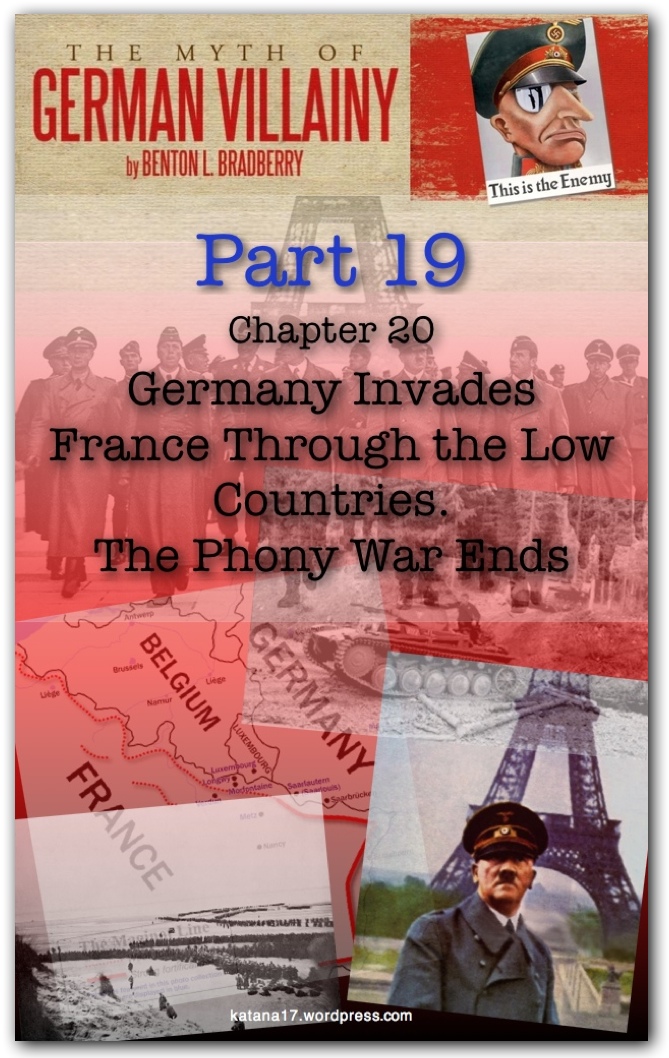
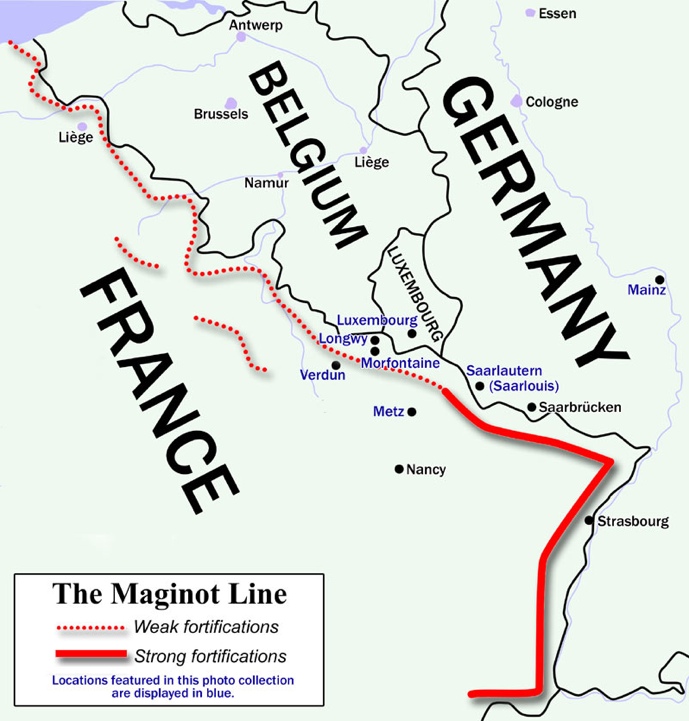
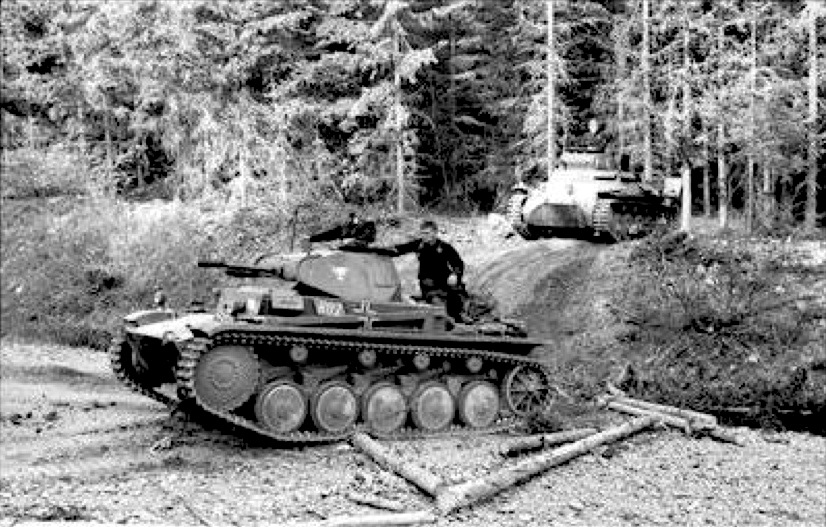
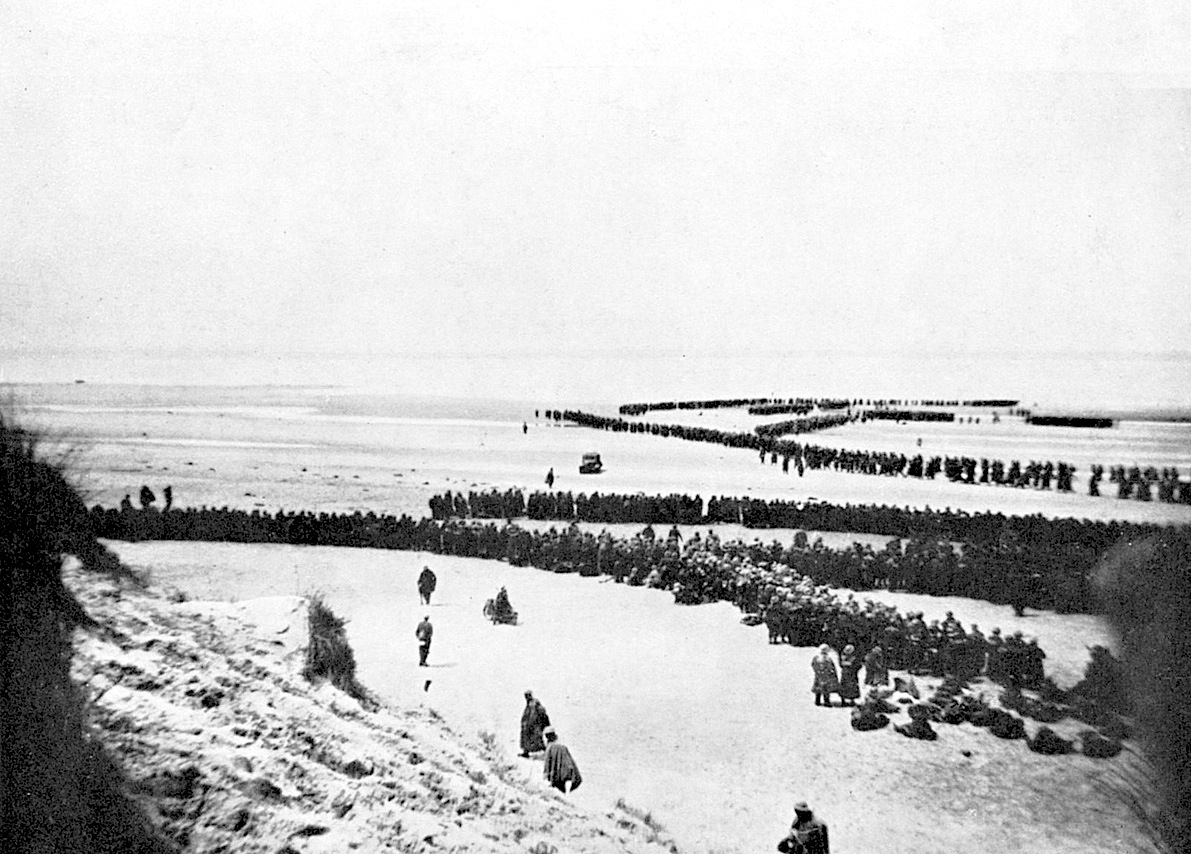
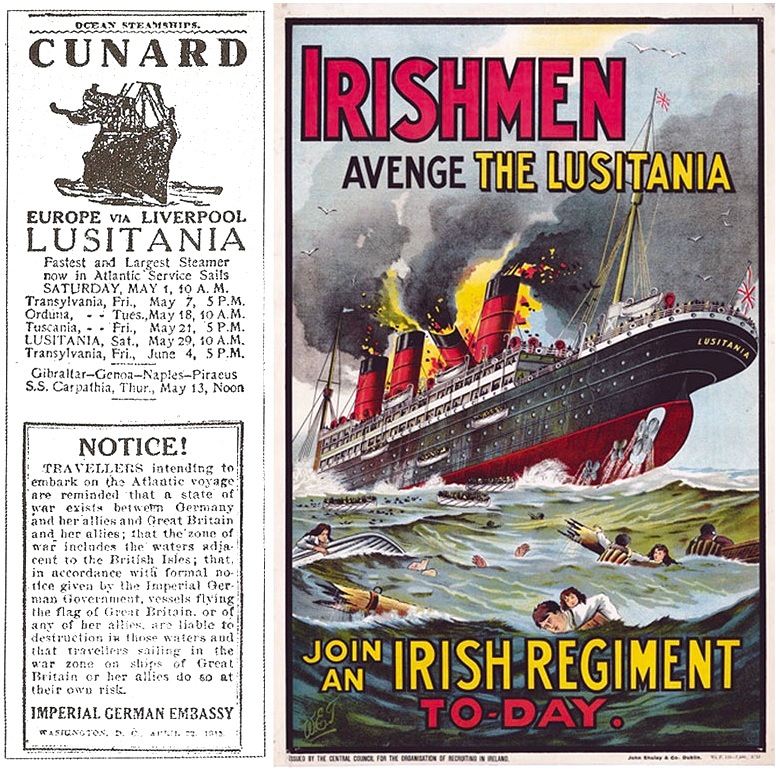
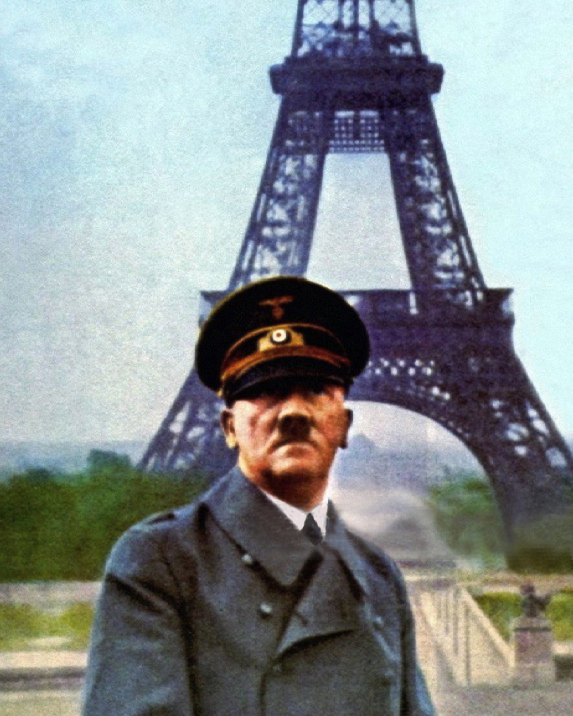
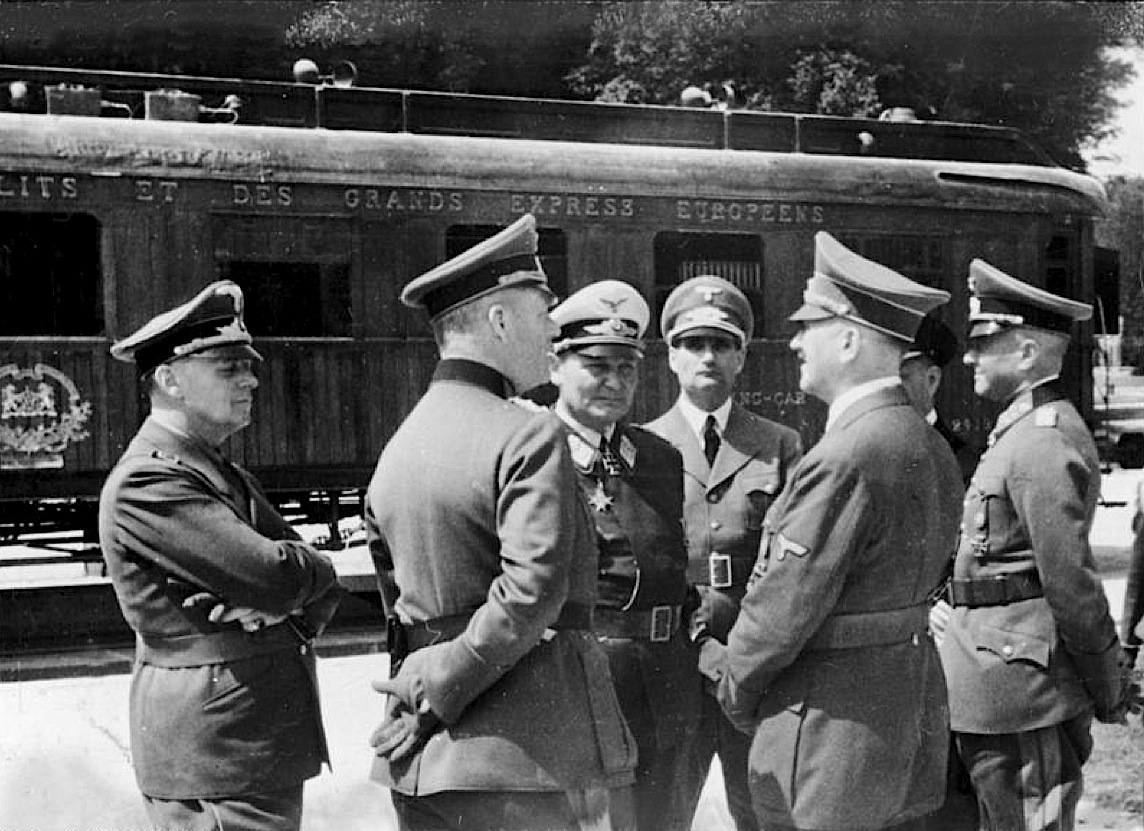
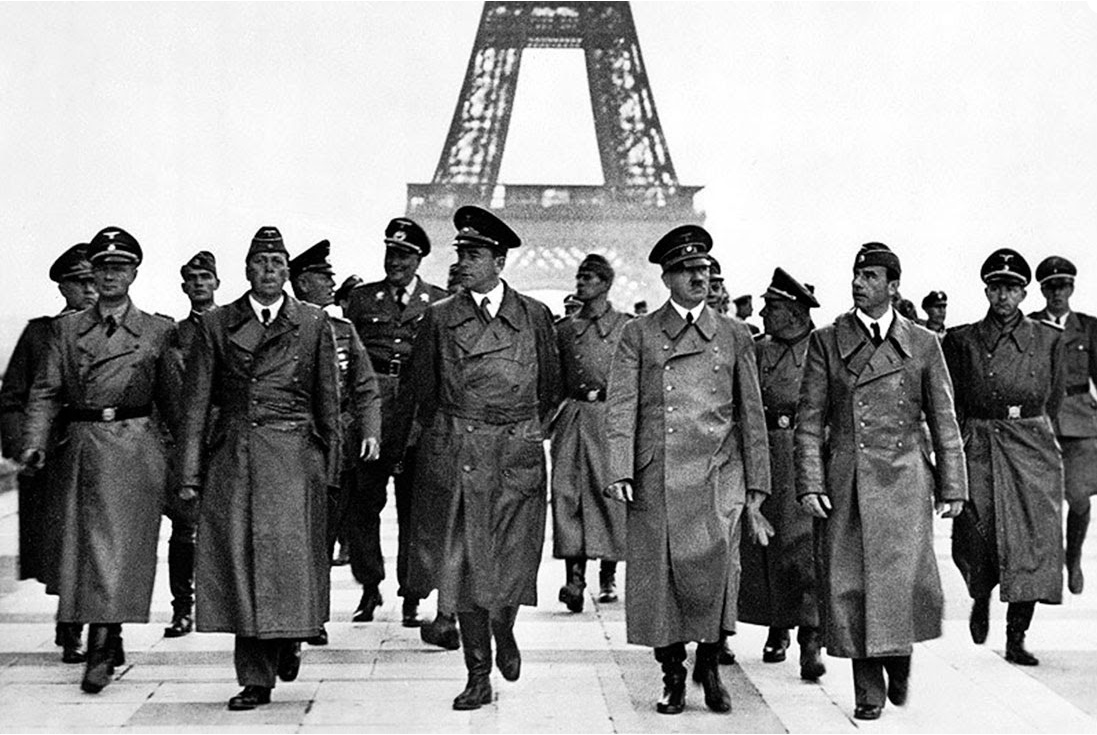
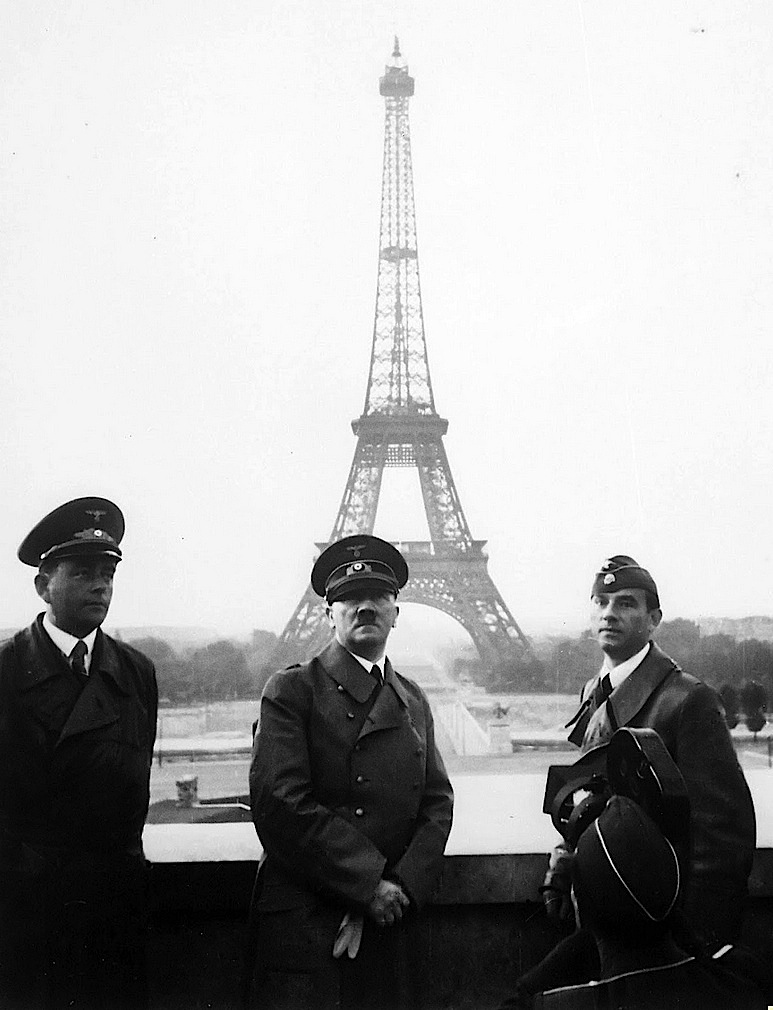
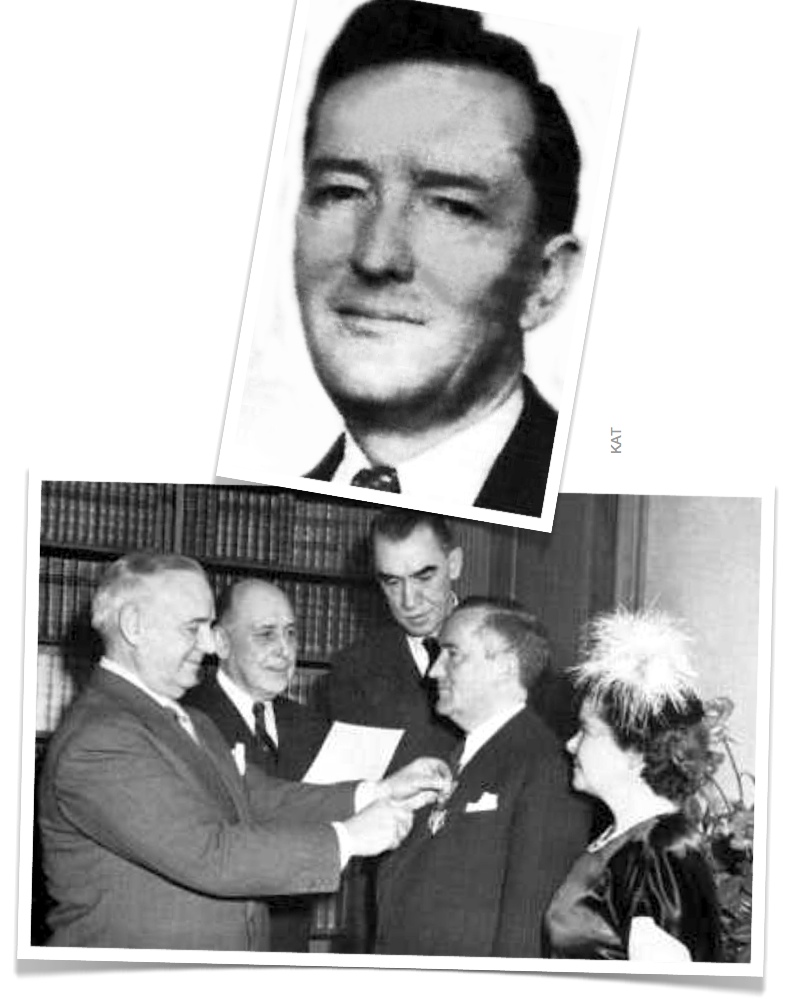

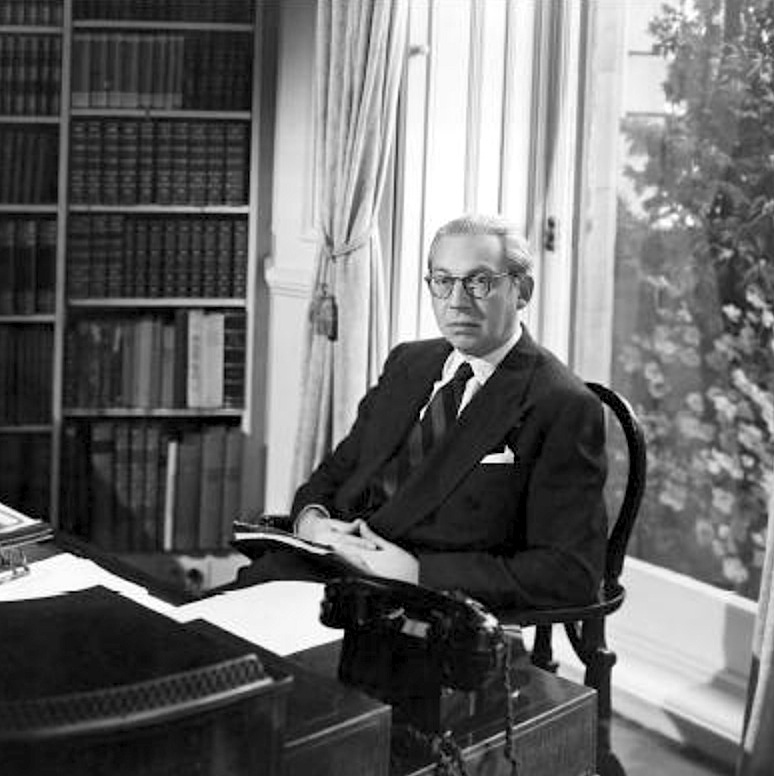
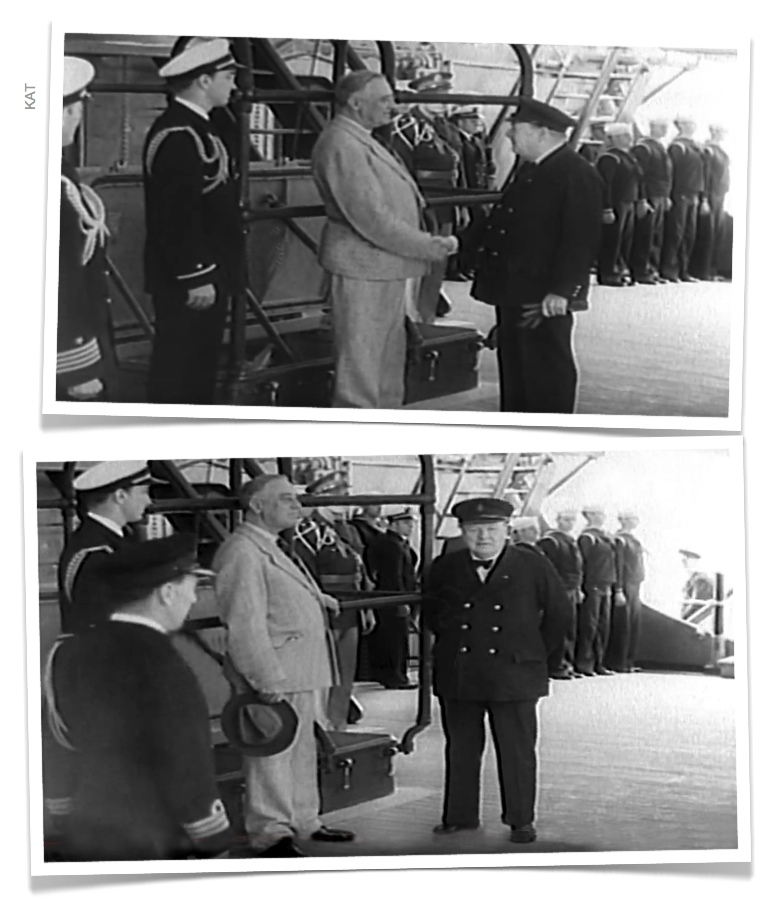
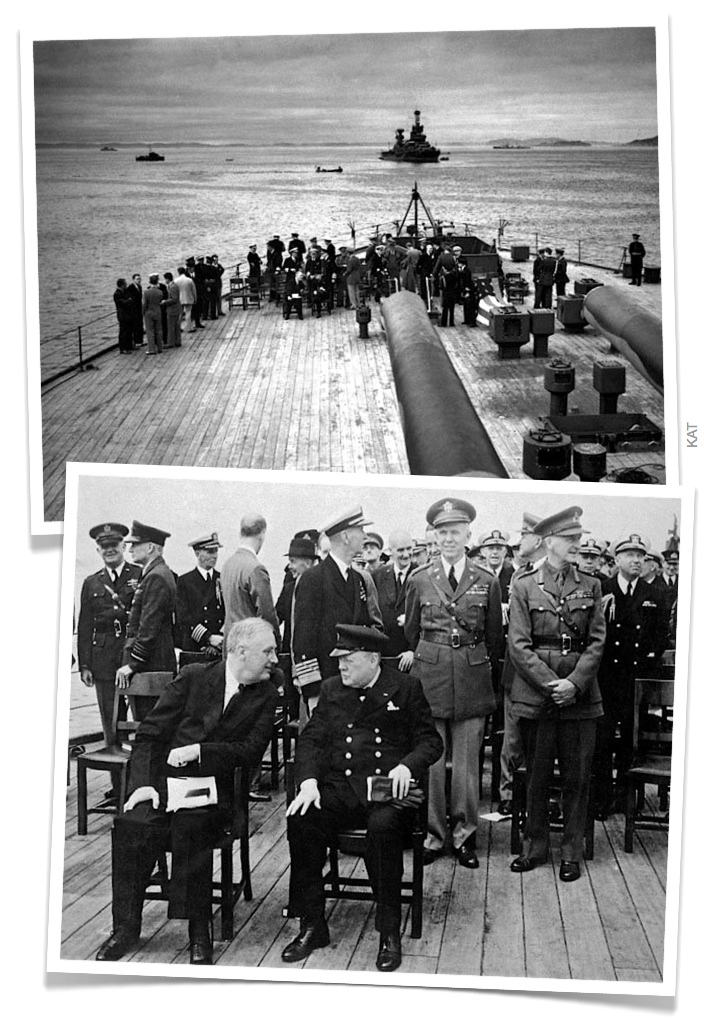
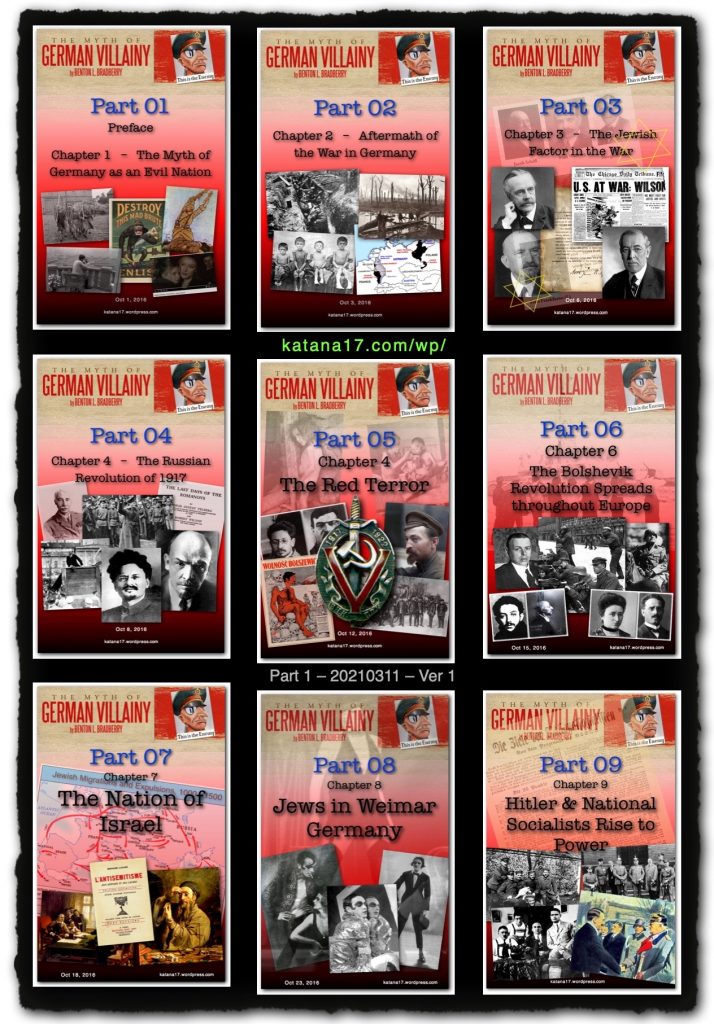
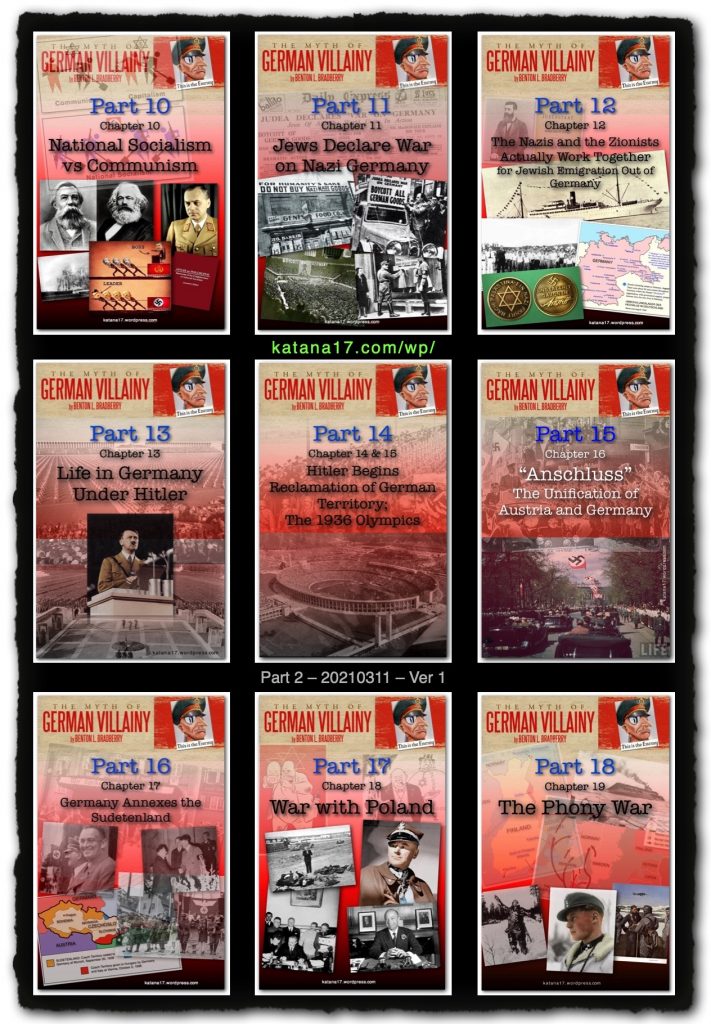

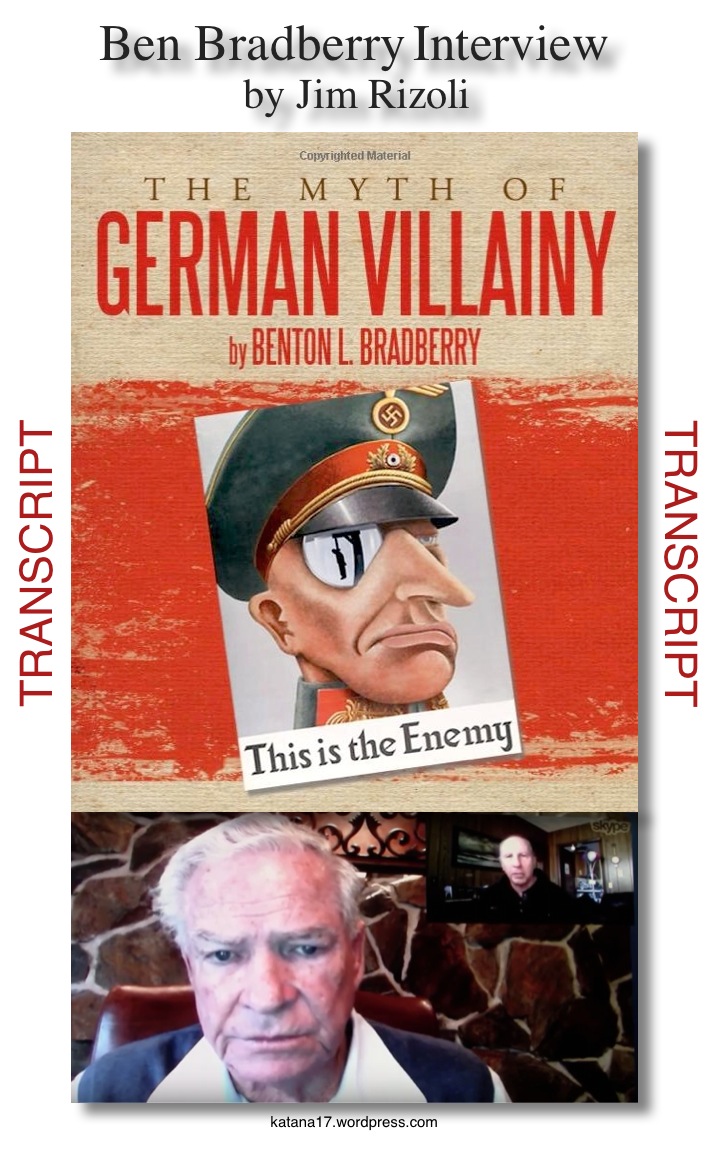
Pingback: Book - The Myth of German Villainy - Part 10 - National Socialism vs Communism - katana17katana17
Pingback: Book - The Myth of German Villainy - Part 11 - Jews Declare War on Nazi Germany - katana17katana17
Pingback: Book - The Myth of German Villainy - Part 04 - The Russian Revolution of 1917 - katana17katana17
Pingback: Book - The Myth of German Villainy - Part 16 - Germany Annexes the Sudetenland - katana17katana17
Pingback: Book - The Myth of German Villainy - Part 20 - The Allied Goal? Destruction of Germany! - katana17katana17
Pingback: Book - The Myth of German Villainy - Part 13 - Life in Germany Under Hitler - katana17katana17
Pingback: Book - The Myth of German Villainy - Part 22 (last) - Winners and Losers - katana17katana17
Pingback: Book - The Myth of German Villainy - Part 02 - Aftermath of the War in Germany - katana17katana17
Pingback: Book - The Myth of German Villainy - Part 03 - The Jewish Factor in the War - katana17katana17
Pingback: Book - The Myth of German Villainy - Part 05 - The Red Terror - katana17katana17
Pingback: Book - The Myth of German Villainy - Part 07 - The Nation of Israel - katana17katana17
Pingback: Book - The Myth of German Villainy - Part 08 - Jews in Weimar Germany - katana17katana17
Pingback: Book - The Myth of German Villainy - Part 09 - Hitler and National Socialists Rise to Power - katana17katana17